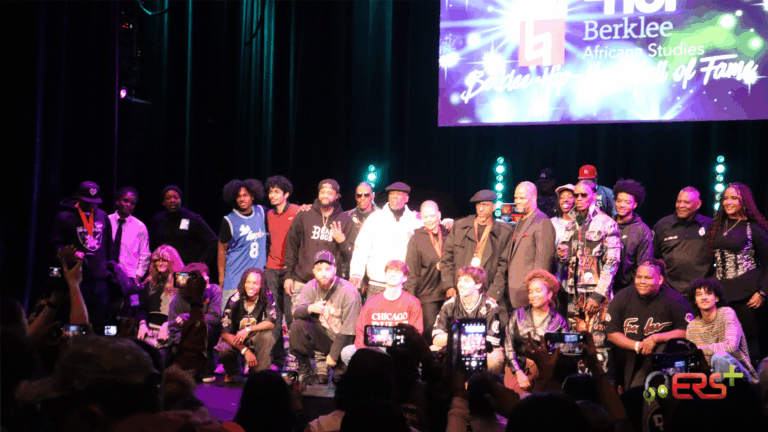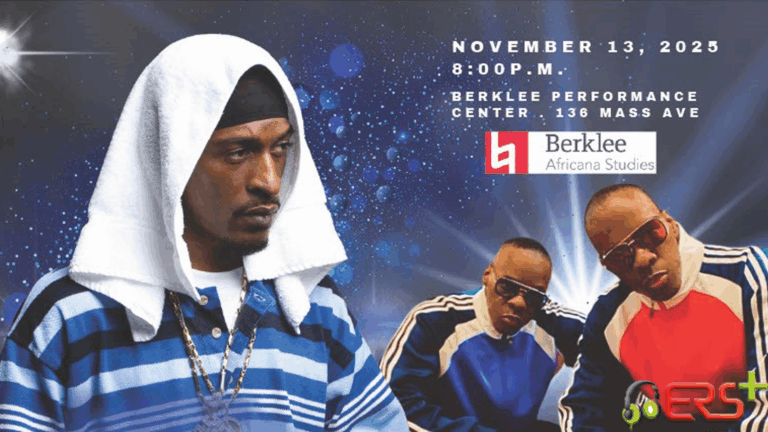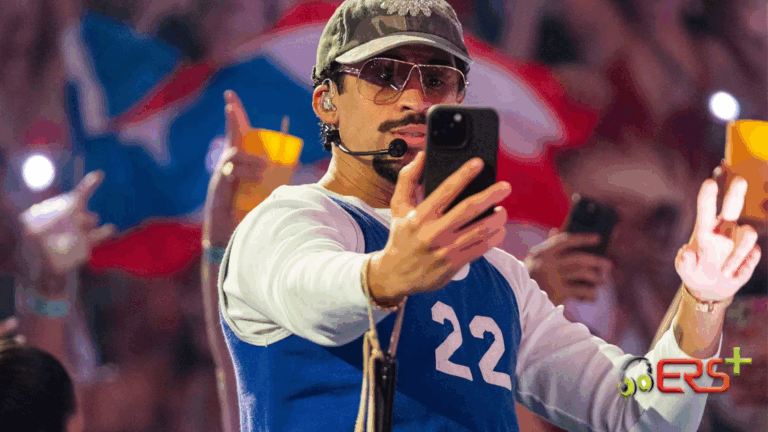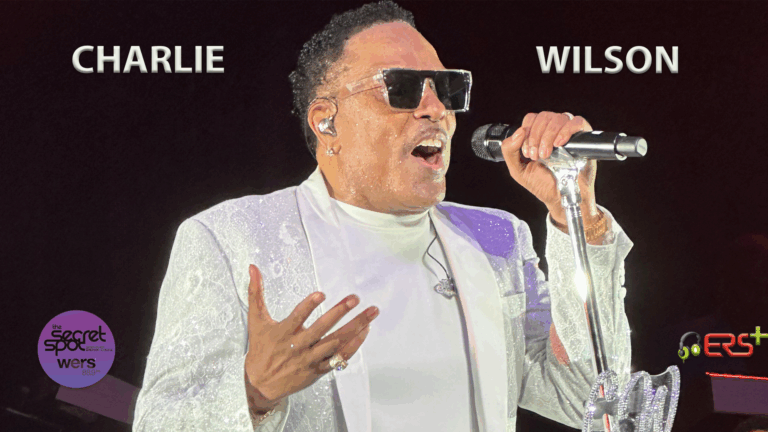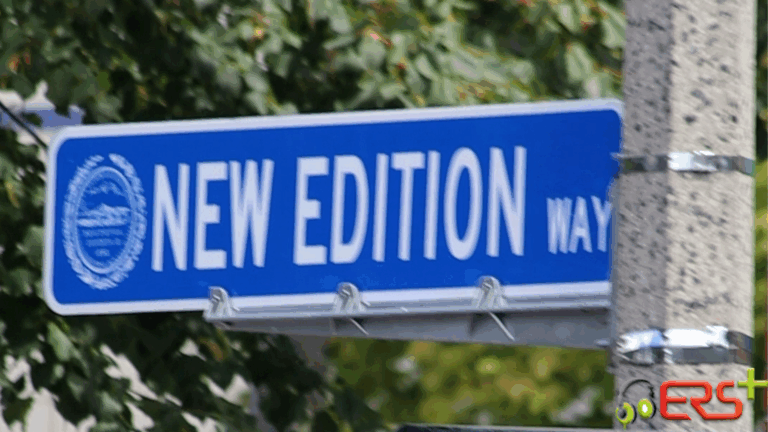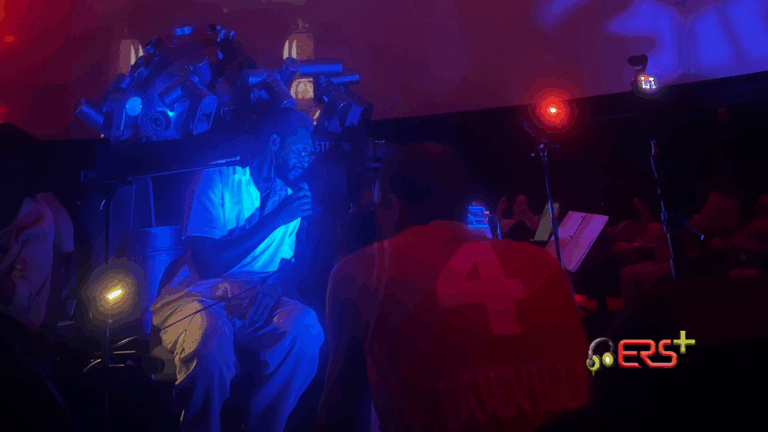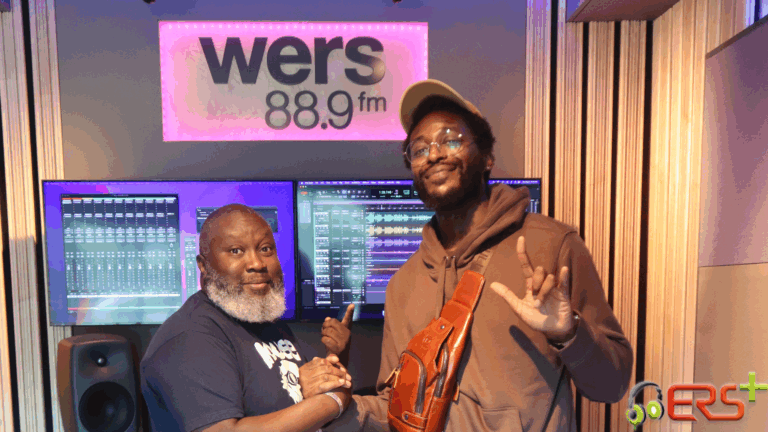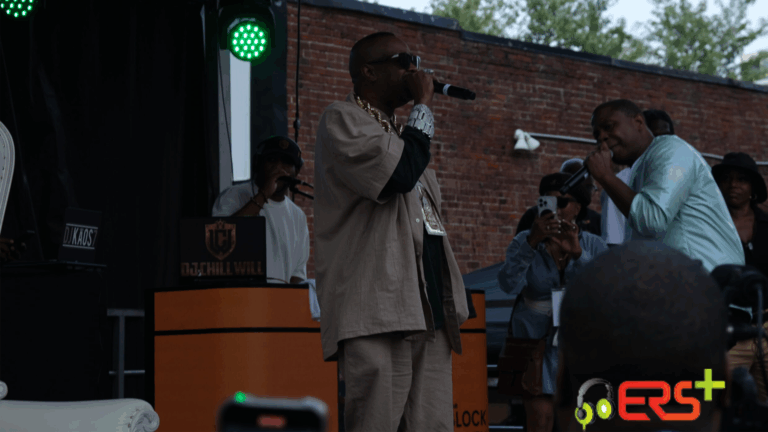ERS+ rewinds plus recaps Berklee’s Hip Hop Hall of Fame celebration
Editing courtesy of James ‘JB’ BarnesMo Wilks rewinds plus recaps his experience at Berklee College of Music’s annual Celebration and Hip Hop Hall of Fame. This year’s inductees include the McClain brothers, who’s on stage name is The Wonder Twins. Berklee’s ceremony also brought to the Boston stage Golden era microphone fiend, the ‘God MC’…
